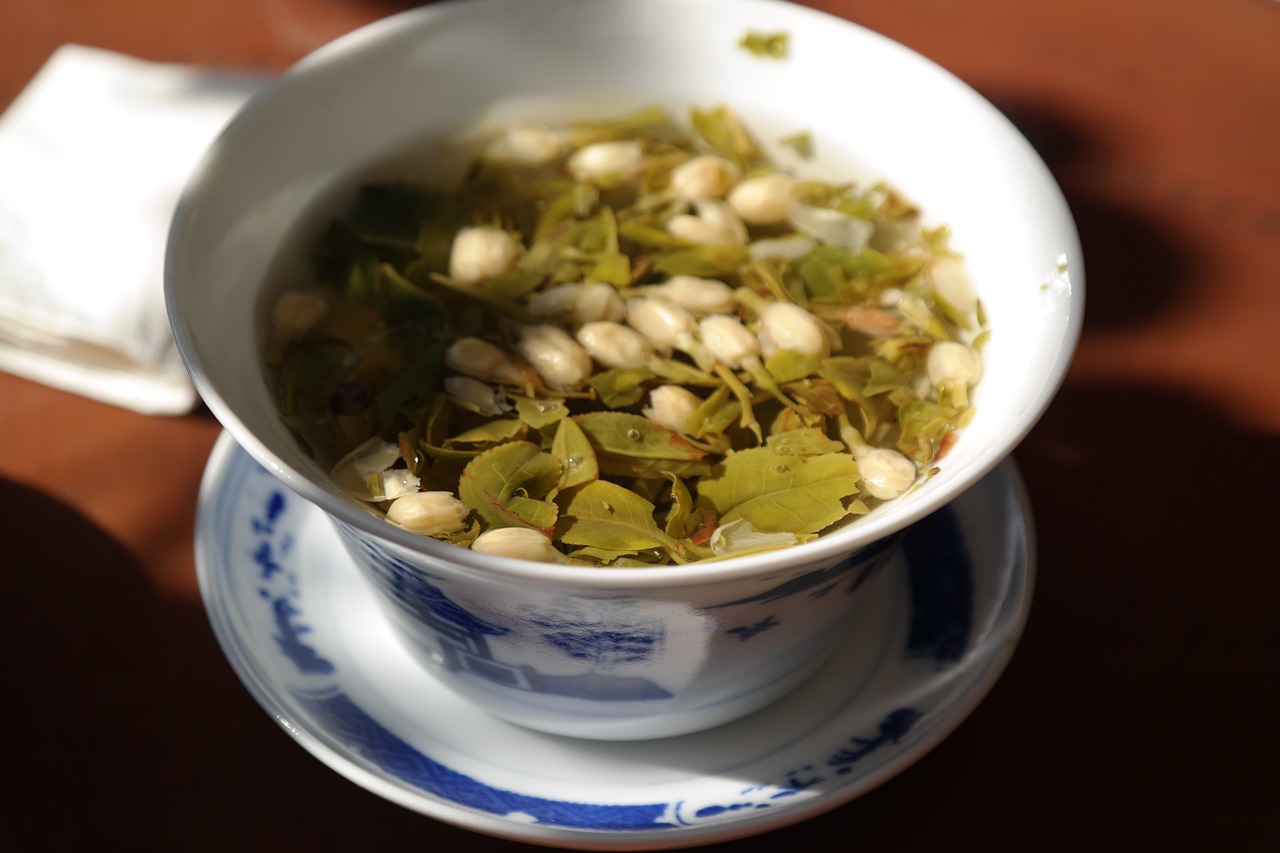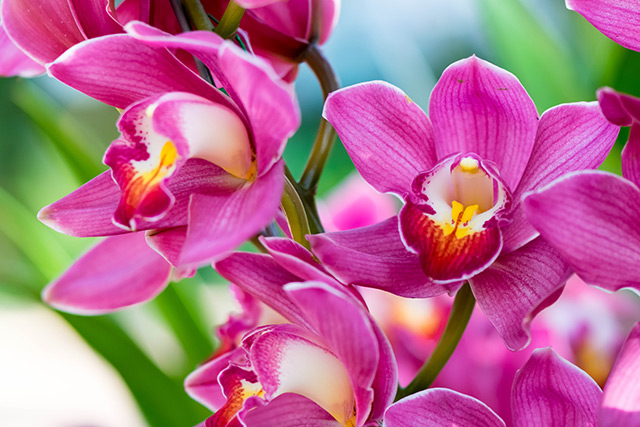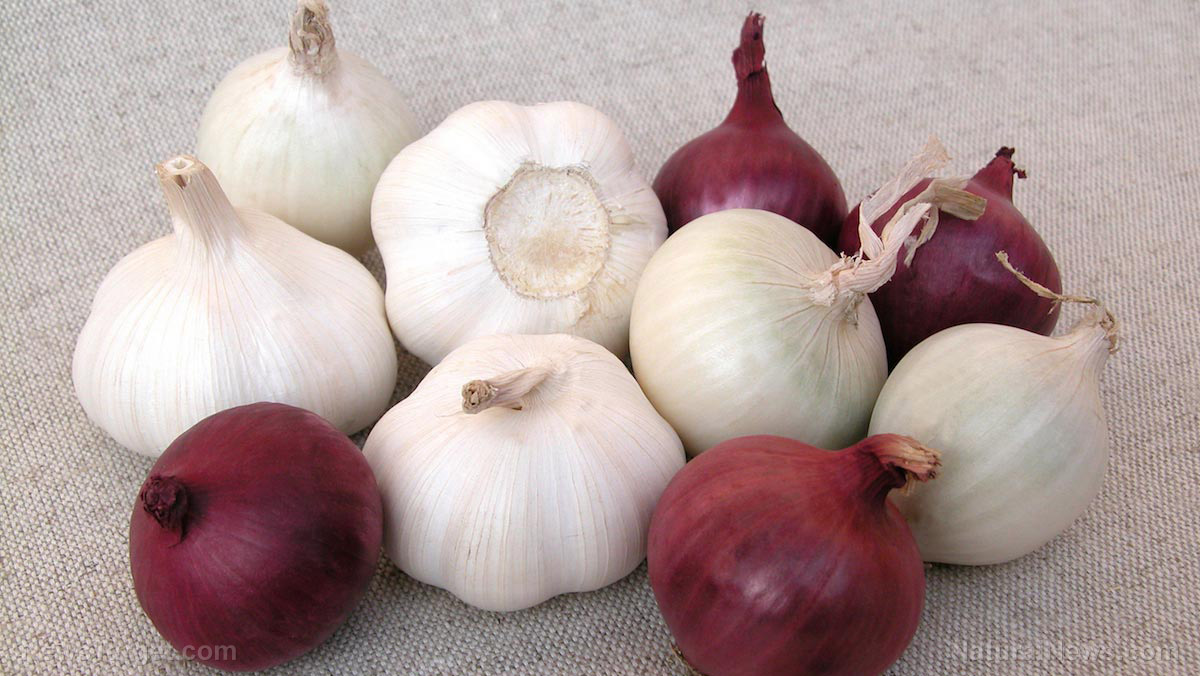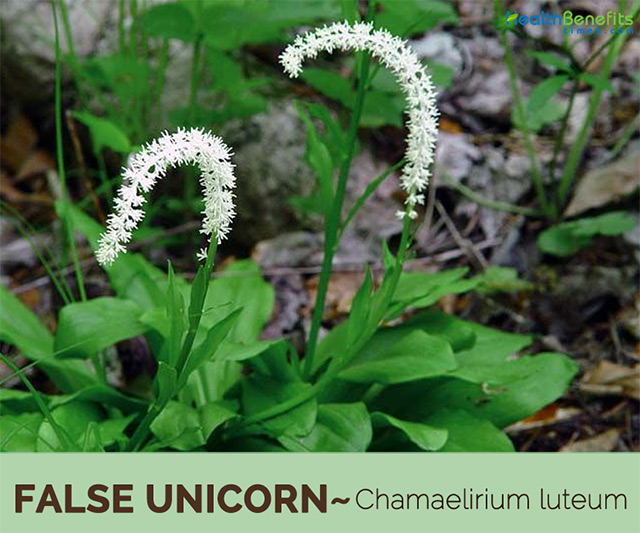Herbal remedies to treat ear infections
09/03/2018 / By Rhonda Johansson

There are natural ways to relieve symptoms of ear infections. You need not resort to antibiotics, which may or may not be effective. There is data that suggest that mild ear infections (otherwise called acute otitis externa) usually go away on their own and do not improve with antibiotics. However, you can help speed up the recovery process with these herbal medicines:
- Calendula – Research proves that calendula promotes healing and works as a great anti-inflammatory, astringent, and antiseptic. It helps soothe inflamed tissue as well.
- Garlic – Natural medicine healers use garlic oil as the first line of defense for ear infections. Garlic has incredibly strong antiviral and anti-inflammatory properties that make it an effective cure for an ear infection that is viral in nature.
- Echinacea – Use this herb as a preventive medicine. Echinacea boosts your immune system and has been shown to reduce the likelihood of the common cold and flu – two common causes of ear infection.
- Wild indigo – This is a powerful antibiotic that works exceedingly well for infections found along the upper respiratory tract and ears. Wild indigo has also been shown to be a decongestant as well. (Related: How to Heal Ear Infection without Antibiotics.)
- Fenugreek – This has similar effects to calendula, clearing off congestion along the lymph nodes and easing blockages in the Eustachian tubes.
- Great Mullein – The plant works in two ways: soothing inflamed tissue and draining excess mucus in the ear. This is effective for infections caused by irritation.
These herbal remedies go hand-in-hand with nutritional therapies. Other factors such as allergies and food sensitivities could be aggravating the ear infection. To help assist the healing process even further, you may want to increase your intake of vitamins A and C which reduce the amount of mucus found in the ear.
While your ear remains infected, it is also wise to remove wheat, dairy, and simple carbohydrates from your diet. These foods may be contributing to the inflammation.
Consume more green, leafy vegetables to boost your immune system.
Homeopathic medicine
You may also consider homeopathic medicines. Note that the list below is by no means comprehensive. If you are unfamiliar with homeopathy, we encourage you to speak to a qualified homeopathic healer.
- Aconite – If your infection is accompanied with fever, dry cough, or a congested nose, you may want to try aconite. This is useful for the early stages of an ear infection.
- Belladonna – This is the most commonly prescribed remedy for children with ear infection. The herb works well for throbbing, piercing, and sharp pain. Remember that you should not use belladonna if the pain lasts for more than three days.
- Chamomilla – Use this herb when the infection is caused by being exposed to the cold. Symptoms would include ears that feel stuffed up or clogged and hearing a buzz-like sound.
- Ferrum phosphoricum – This works similar to aconite and belladonna, but is more appropriate when symptoms have a slower onset and are at a lower intensity.
- Hepar sulph – If you suspect an ear infection, but have no other distinguishing symptom other than physical and psychological hypersensitivity, try hepar sulph. This is usually given for chronic ear infections.
- Pulsatilla – This is a great homeopathic remedy for an ear infection that immediately follows a cold.
Several studies have concluded that homeopathic and/or natural remedies relieved ear infections at a faster rate than antibiotics. Not only did the conditions disappear quicker, the medicines prompted no unwanted side effects.
Read more articles on how to cure yourself of various disorders using alternative medicine at HealingArts.news today.
Sources include:
Tagged Under: alternative medicine, ear infections, essential oils, herbal medicine, herbal remedies, Herbs, homeopathic medicine, Homeopathy, natural cures, natural medicine, natural remedies, Natural Treatments



















